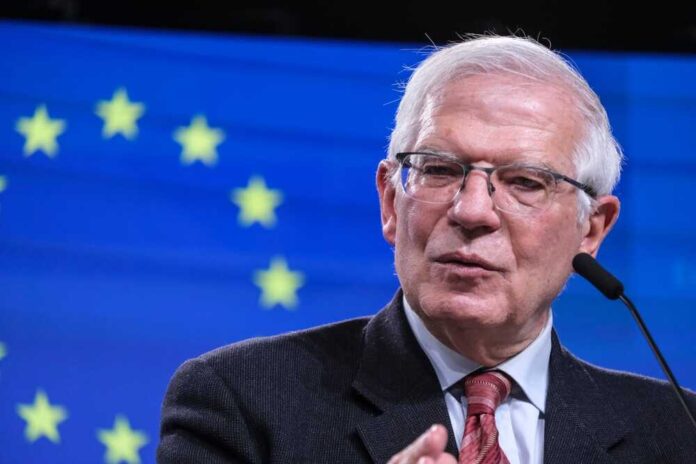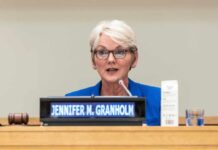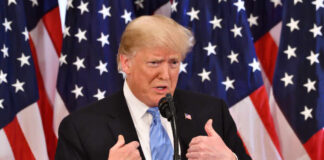
The European Union’s top diplomat, Josep Borrell, has issued a dire alert: China is ready to exploit any Russian defeat in Ukraine for geopolitical gains. This warning calls for a unified, strategic response from the global community to address China’s rising nationalism and its escalating rivalry with Washington.
Borrell has urged EU member states to develop a coherent strategy in dealing with China. The need of the hour is a robust plan that balances the realities of China’s mounting nationalism and the hardening competition between China and the United States. “The China issue is much more complex than the Russia issue,” Borrell wrote in a private letter to EU foreign ministers.
EU says China will take advantage of Russian defeat in Ukraine https://t.co/g059R2xhxi
— FT China (@ftchina) May 12, 2023
Acknowledging the situation’s complexity, the EU is set to overhaul its approach towards Beijing. This policy adjustment gives more weight to the “rival” aspect in its three-pronged strategy of viewing China as a “partner, competitor, and rival.” These discussions among EU foreign ministers, scheduled in Stockholm, are the prelude to a new EU policy towards Beijing.
In his letter, Borrell emphasized, “China’s ambition is to build a new world order with China at its center. A Russian defeat in Ukraine will not derail China’s trajectory. Instead, China will manage to take geopolitical advantage of it.”
Borrell’s cautionary words should serve as a wake-up call for the West. Despite China’s verbal backing of Moscow, the EU is willing to “engage seriously” with Beijing over the Ukrainian crisis. Even as the West criticizes China for favoring Moscow and failing to engage with Kyiv, any positive moves from China to find a solution are welcome.
Simultaneously, Borrell underscored the EU’s commitment not to obstruct the rising power of emerging countries. This sentiment hints at the apprehension among some EU member states to adopt the US’s more aggressive stance towards China.
According to Borrell, the EU also advocates for a “de-risking” strategy, which is less dangerous than America’s decoupling approach. European Commission President Ursula von der Leyen championed this plan, calling for “new defensive tools” in quantum computing and artificial intelligence.
Borrell’s letter also highlighted the need for the EU to account for China’s sway over low-income nations. He warned against expecting these countries to choose sides, noting that many see China’s influence as a counterbalance to the West.
As the world stands transfixed by the Russian-Ukrainian conflict, Borrell’s warning is a stark reminder that the outcome of this war won’t just affect the involved parties but will have ripple effects across the global geopolitical landscape. While the West rallies to support Ukraine, it must remain vigilant to the potential fallout and possible advantage China may seek in the aftermath of a Russian defeat.
















